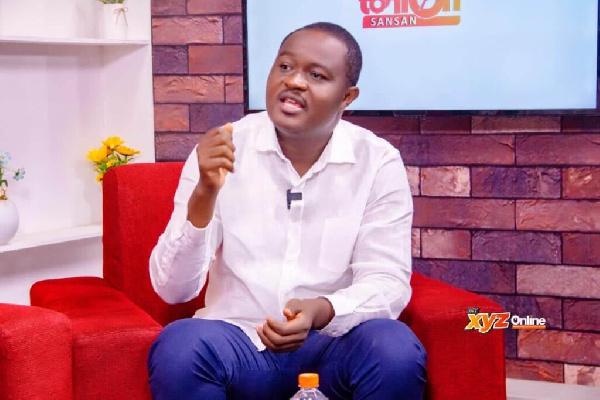The ongoing process to potentially remove Chief Justice Gertrude Esaaba Torkornoo from office has sparked accusations of political victimization by Kwasi Kwarteng, a communication member of the opposition New Patriotic Party (NPP). Kwarteng alleges that President John Dramani Mahama is orchestrating the removal process based on personal preferences rather than legitimate grounds, essentially reducing the esteemed office of the Chief Justice to a political appointment subject to the whims of the ruling party. This accusation raises concerns about the independence of the judiciary and the potential erosion of democratic principles in Ghana.
The controversy stems from three petitions submitted to the Council of State seeking Chief Justice Torkornoo’s removal, a process outlined in Article 146(6) of the 1992 Constitution. While the Chief Justice has formally responded to the petitions, the specific allegations and the content of her response remain shrouded in secrecy. This lack of transparency fuels speculation and intensifies concerns about the fairness and objectivity of the proceedings. Kwarteng argues that this secrecy, coupled with what he perceives as President Mahama’s undue influence, creates the impression of a politically motivated attack on the Chief Justice.
Kwarteng’s central argument revolves around the principle of judicial independence. He contends that the office of the Chief Justice should be insulated from political interference and that any attempt to remove a Chief Justice should be based on demonstrable misconduct or incompetence, not political expediency. He suggests that President Mahama’s actions set a dangerous precedent, potentially weakening the judiciary’s ability to function as an independent check on executive power. This concern resonates with broader anxieties about the health of Ghana’s democratic institutions and the potential for the abuse of power.
Further fueling Kwarteng’s argument is what he perceives as public apathy towards the ongoing situation. He criticizes the perceived silence surrounding the potential removal of the Chief Justice, suggesting that this silence implicitly condones the alleged manipulation of constitutional processes. He warns that such acquiescence sets a dangerous precedent, paving the way for future governments to similarly disregard constitutional safeguards for political gain. He stresses that principles of fairness and due process should not be contingent on which party holds power.
Kwarteng’s warning extends to his own party, the NPP. He admonishes them not to remain silent in the face of what he sees as an injustice, implying that their silence could be interpreted as tacit approval of the process and could embolden them to engage in similar behavior if they return to power in 2028. He emphasizes that principles of justice and adherence to constitutional processes should transcend partisan politics. This call for consistency resonates with concerns about the long-term implications of politicizing the judiciary.
In essence, Kwarteng’s accusations against President Mahama highlight the potential for political machinations to undermine the independence of the judiciary. He argues that the current process to remove the Chief Justice appears to be driven by political motives rather than legitimate concerns about her conduct. His criticism extends to the public’s perceived indifference and his own party’s potential response, warning against the normalization of behavior that could erode democratic safeguards. The ongoing controversy underscores the delicate balance between the branches of government and the importance of upholding constitutional principles to protect the integrity of democratic institutions.


